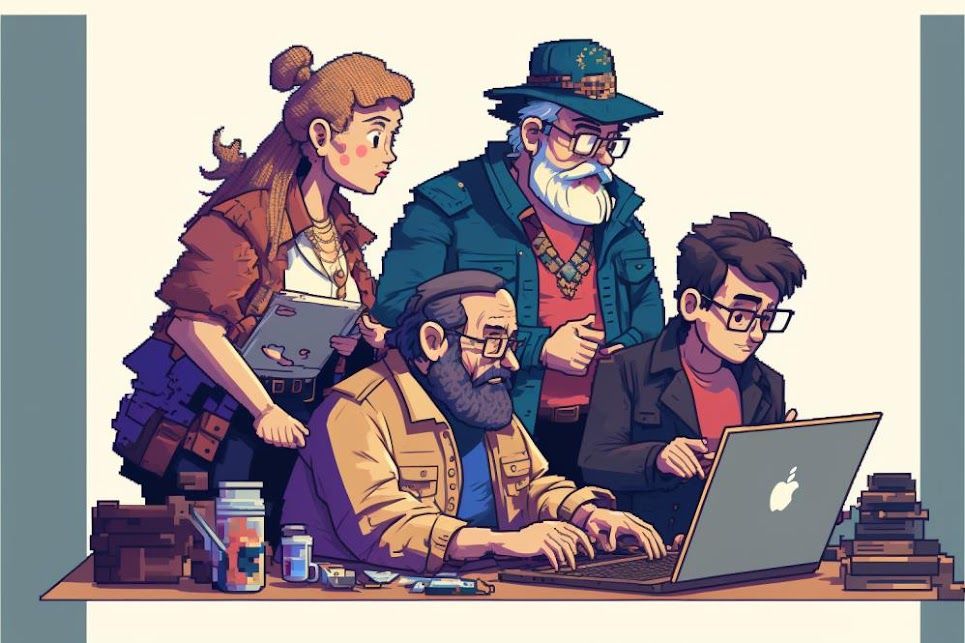Gitcoin DAO to add post-vote “reconsider” option to governance process

Over the weekend, Gitcoin DAO approved a proposal seeking to create a mechanism for appealing decisions that have already been upheld through its governance process. The post-vote “reconsider” process is meant to act as a “stop-gap” measure in cases where new information emerges that could have changed the outcome of the vote.
GCP-003 received massive support from the community. Snapshot data shows that the governance process received nearly 1,500 votes, with over 99% of the voting power backing the idea. One of the voters and a core member of the Gitcoin team, Kyle, stated that “reducing ambiguity” was helpful.
Explaining the motivation for the proposal, Shawn, alongside the Gitcoin Steward Council, said that one of the qualities of a good governance process is its flexibility to adjust as new information is made available.
Without a controlled process in place, the DAO is at risk of being forced to implement outdated decisions, move in an uncoordinated fashion, or make inappropriate or unauthorized declarations in order to repeal decisions in a way that might cause the entire governance process to be called into question.
It is worth emphasizing that the recently passed proposal is meant to be used sparingly and not as an alternative litigation tool for dissatisfied users of the governance process. “This process is designed for situations where any new material information is brought to light, or there is a significant environmental change,” the proposal said.
The call to “reconsider a vote” must be raised by a CSDO member who cast a vote in the election in question and whose vote aligned with the outcome of the governance process. Furthermore, the Steward Council will be responsible for affirming or rejecting a motion to reconsider a vote.
Comment from Gitcoin contributor YalorMewn
The ability to have flexible governance processes is essential to ensure that the voters alignment remains aligned. Ethereum smart contracts enable this kind of flexible delegation and I personally want to see more experiments around this topic, in the hopes that we give greater power to voters and proposal creators.
Comment from Gitcoin contributor Shawn16400
This proposal illustrates the collaborative power of web3. The basics of this proposal are inspired by Robert’s Rules of order, first published in 1876, but to refine the concept, I received input from @daogovernance collective, the Gitcoin forum, and input from Twitter. The final stroke of elegance came during a review of the proposal at the Gitcoin Steward Council where @elise_ransom from @ConsenSysMesh nailed the checks and balances issue. This proposal took 21 days to complete and there is no doubt that collaboration is less efficient, but by building and sharing collaborative output like this, this is how DAOs will change the world.
Check BTC Peers guide of the most promising crypto





